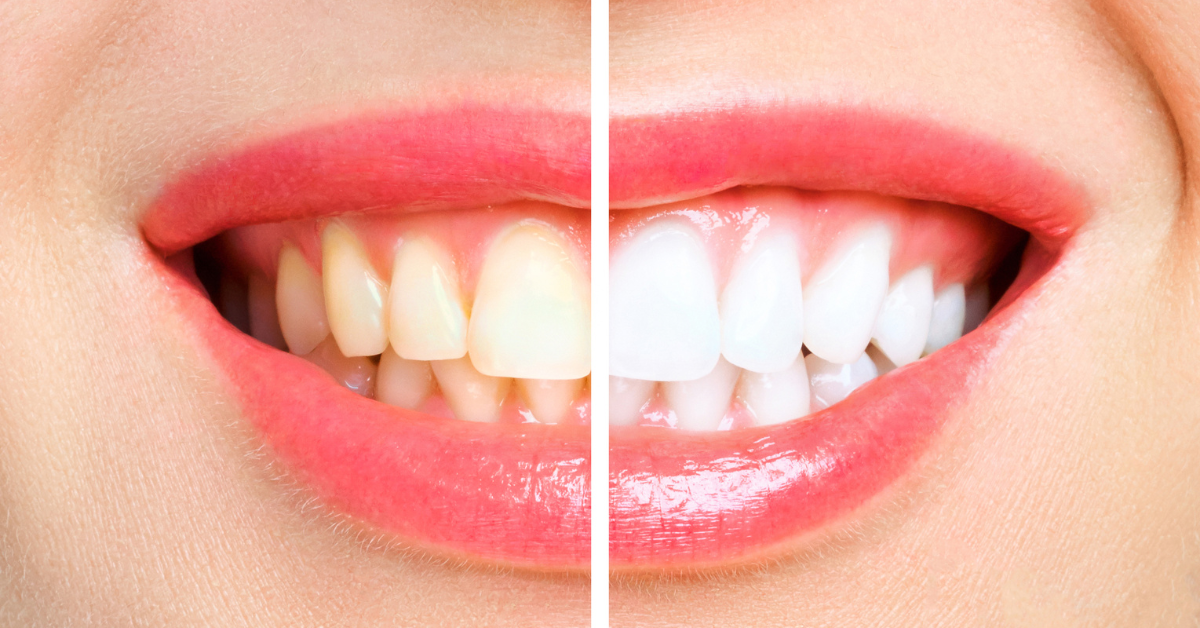Pregnancy brings a multitude of changes to a woman’s body, and oral health is no exception. While maintaining good oral hygiene is crucial throughout pregnancy, concerns often arise regarding dental procedures, particularly fillings. Understanding the safety of dental fillings during pregnancy can alleviate anxiety and ensure proper oral care.
Safety of Dental Fillings During Pregnancy
Extensive research has established the safety of dental fillings during pregnancy. The American College of Obstetricians and Gynecologists (ACOG) and the American Dental Association (ADA) both endorse the use of fillings during pregnancy, deeming them safe for both the mother and the developing baby.
Types of Dental Fillings
Two primary types of fillings are used during pregnancy:
-
Amalgam fillings: These fillings, also known as silver fillings, are composed of a mixture of metals, including mercury. While concerns have been raised about mercury exposure, the ADA maintains that the amount of mercury released from amalgam fillings is minimal and poses no significant risk to pregnant women or their babies.
-
Composite fillings: These tooth-colored fillings are made from a resin-based material. They are a popular choice for cosmetic reasons, as they closely match the color of natural teeth. Composite fillings are also considered safe for pregnant women.
Considerations for Dental Fillings During Pregnancy
While dental fillings are generally safe during pregnancy, certain considerations should be taken:
-
Timing: Scheduling fillings during the second trimester is often recommended, as the risk of morning sickness and nausea is typically lower during this period.
-
Anesthesia: Local anesthesia is commonly used during dental fillings. The numbing medications used are considered safe for both pregnant women and their babies.
-
X-rays: If X-rays are necessary during the procedure, a protective lead apron will be used to shield the abdomen and minimize radiation exposure to the baby.
Maintaining Oral Health During Pregnancy
While dental fillings are safe during pregnancy, it’s essential to maintain good oral hygiene practices throughout this period:
-
Regular brushing and flossing: Brush your teeth twice a day and floss at least once daily to remove plaque and bacteria.
-
Regular dental checkups: Schedule regular dental visits to monitor oral health and address any potential issues early on.
-
Dietary modifications: Limit sugary foods and drinks, as they can contribute to tooth decay and gum disease.
Conclusion
Dental fillings are safe and effective procedures for treating cavities during pregnancy. By following recommended precautions and maintaining good oral hygiene practices, pregnant women can ensure optimal oral health for themselves and their developing babies. Consult your dentist to discuss any concerns and determine the best course of treatment for your individual needs. A healthy mouth contributes to a healthy pregnancy and overall well-being. Please find the dental office near you in these locations: Attleboro, Chelmsford, Hyde Park, Jamaica Plain, Lynn, Manchester, Methuen, Roslindale, Taunton.




